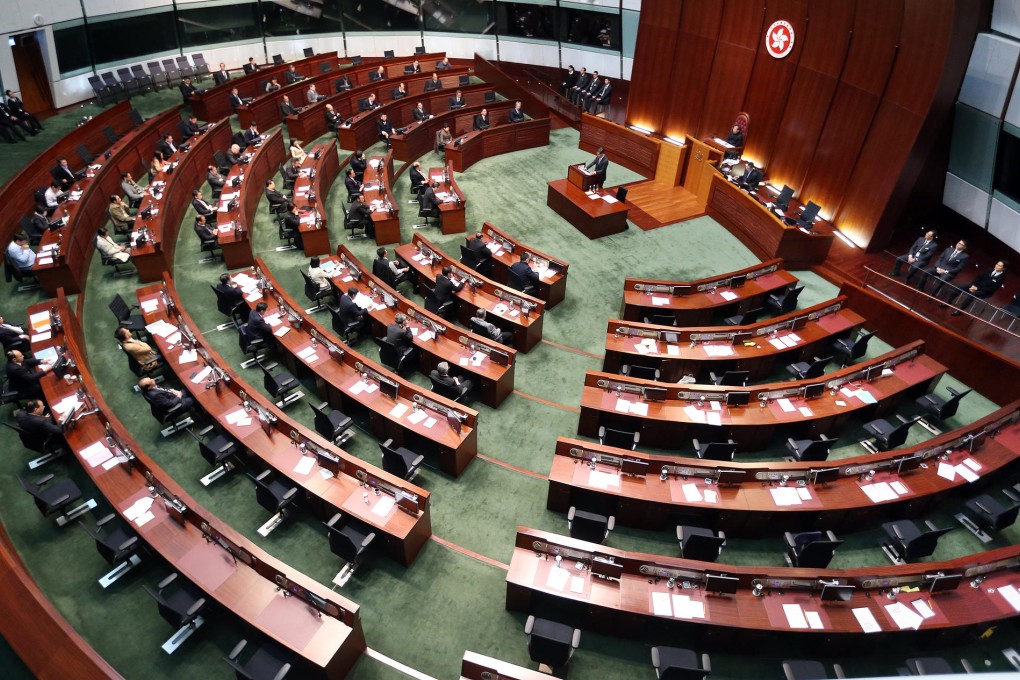Albert Ho digs in on plan to force 'referendum' on HK elections
Lawmaker Albert Ho says he will press on with plan to quit Legco seat and force vote despite poll showing public opposition

Veteran pan-democrat Albert Ho Chun-yan appears unmoved by public disapproval for his idea to force a "referendum" on how Hong Kong should choose its next chief executive.
His stance could lead to his Democratic Party suffering a backlash for not heeding public opinion, analysts warned.
Yesterday, Ho told the South China Morning Post he would go ahead with his plan to resign his "super lawmaker" seat to trigger a citywide vote, despite a Chinese University study finding that only one in seven Hongkongers supported the idea.
In the survey commissioned by the Post, more than half of 907 respondents disagreed with Ho's plan to quit his seat as a way to allow the public to express its views on political reform.
Under Ho's gambit, more than 3.2 million electors who did not have a vote in another functional constituency would get to vote in a by-election, and pan-democrats could position the campaign as a "de facto referendum" on universal suffrage.